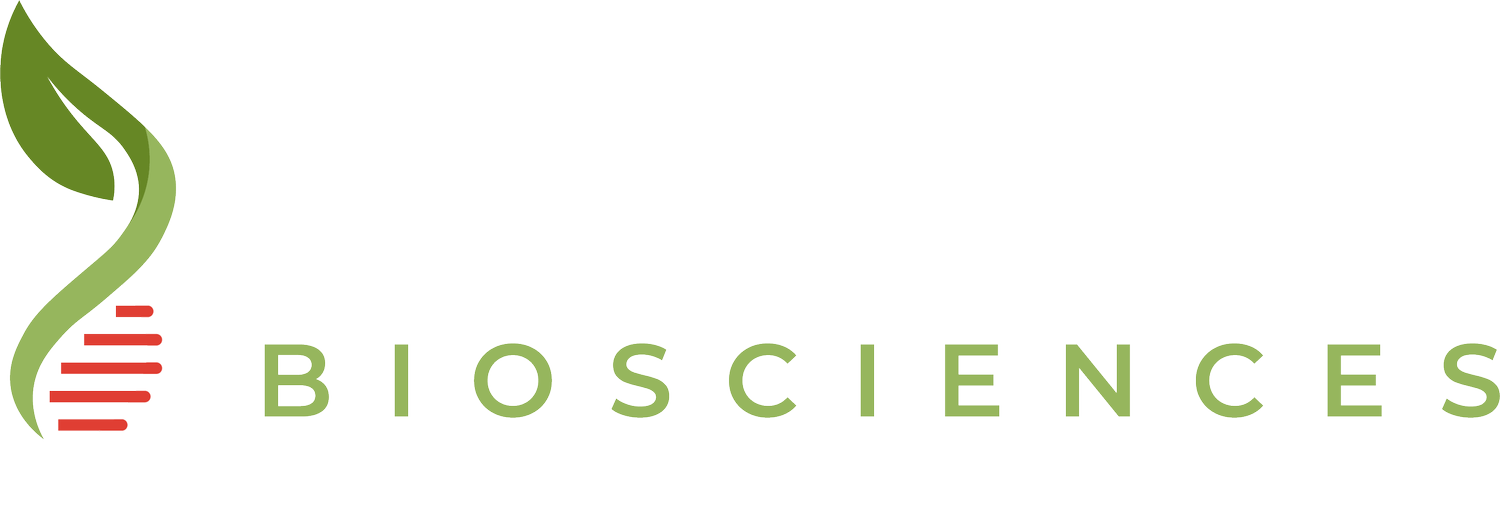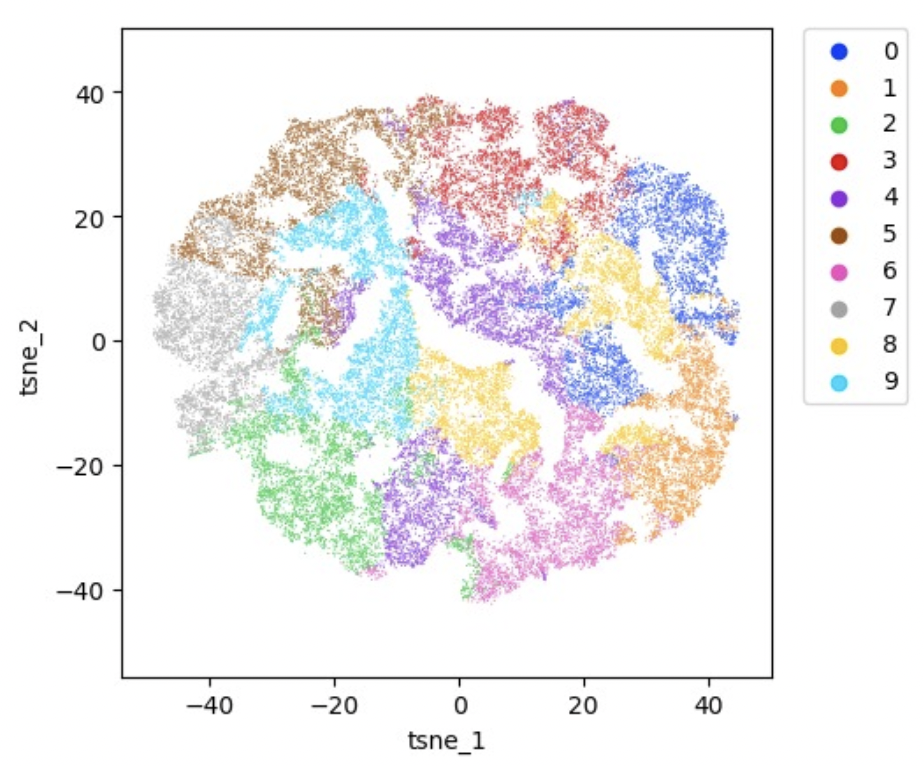
OUR TECHNOLOGY
MAKING A DIFFERENCE
Raleigh Biosciences is building upon their experience utilizing breakthrough technologies, including single-cell omics data, AI-driven models, gene editing, and 3D cellular printing.
This enables the generation of gene expression atlases for any plant species, identification of cell type-specific promoters and gene expression patterns, the ability to perform genome editing, and use 3D bioprinting technologies to precisely control gene expression and transform high-value crops.
Shahan, Hsu et al., 2022
Shahan, Hsu et al., 2022
By generating models that inform the design of regulatory elements and synthetic promoters with cell-type and developmental-stage-specific expression,
Raleigh Biosciences can precisely control gene expression levels and patterns.
Shahan, Hsu et al., 2022
APPLICATIONS
Elite Germline Transformation
Raleigh Biosciences utilizes transformation platforms of elite germlines to more efficiently generate and test new genetic variants, ultimately leading to the development of new crop varieties that are better equipped
to handle the impacts of climate change. Raleigh Biosciences has an exclusive access to IP that allows for transformation of recalcitrant plant varieties for crop advancement.
Identifying Genes Associated With Agronomic Traits
Raleigh Biosciences’ approaches are being utilized to identify and test genes that are associated with agronomic traits in the Ag-biotech industry at a lower cost and expedited timeline. As part of these efforts, stress responsive genes are being identified alongside cell type-specific promoters with the goal of expressing those genes with high spatial resolution. Those cell type-specific promoters are also being used to control traits with targeted precision. Raleigh Biosciences offers an extensive range of synthetic promoters and genomic features that can drive cell type-specific expression, enabling the development of high-yield, high value crops despite challenges such as drought, high temperature, flooding, disease, or pathogens.
HOW WE DO IT
Building upon decades of experience in characterizing gene expression, we have assembled a streamlined data platform to create and analyze single cell RNA data to construct a cellular atlas of gene expression. This atlas of expression is equivalent to a well annotated reference genome and is an invaluable tool to answer your biological questions.
Single-Cell Genomics
-
Raleigh Biosciences utilizes a wide range of technologies to characterize gene expression in single cells or nuclei from plant tissue samples to provide researchers with actionable insights. The current industry standard for quantification of cellular gene expression is 10X Genomics which offers the benefits of low cost analysis per cell and works with standard Illumina sequence technology. 10X Genomics allows for rapid high throughput simultaneous quantification of gene expression from thousands of single cells or nuclei without the need for special probes or prior knowledge of expression. Gene expression is mapped to specific cell types using cell markers that define cell identity. This level of precision combined with mathematical techniques is being used by Raleigh Biosciences to identify key components of gene regulation and infer developmental trajectories. The final product is described as an atlas of gene expression that defines cellular identity and function.
-
Spatial transcriptomics is an approach to visualize and quantify gene expression without first dissociating the cells in the tissue and provides a map of gene expression in the spatial context of the tissue. This approach is useful for identifying cell markers that can be used to define clusters of genes identified using single cell analysis. Quantifying gene expression in morphological context offers a more complete picture of gene expression and can help answer some of the toughest questions that involve cell to cell communication.
Shahan, Hsu et al., 2022
Raleigh Biosciences is using AI-driven models to identify genomic elements responsible for specific expression patterns. We are utilizing genome editing at native promoters to alter gene expression patterns in specific cell types. We are using all of these identified elements to build a model to generate synthetic promoters that confer specific gene expression. These synthetic promoters will have utility in the agriculture industry for crop improvement.
Genome Feature Prediction
Van den Broeck et al., 2022
To create new genome-edited crops with tissue-specific or even cell-specific gene expression drivers, Raleigh Biosciences is using 3D bioprinting (also known as 3D cellular printing) to increase throughput and minimize the space needed for screening a large number of genes/promoters. Co-founder Dr. Sozzani has established a platform for 3D bioprinting plant cells to study cell viability, division, and identity. This framework forms the basis for utilizing 3D bioprinting to promote regeneration in elite germlines.
3D Bioprinting
Van den Broeck et al., 2022








